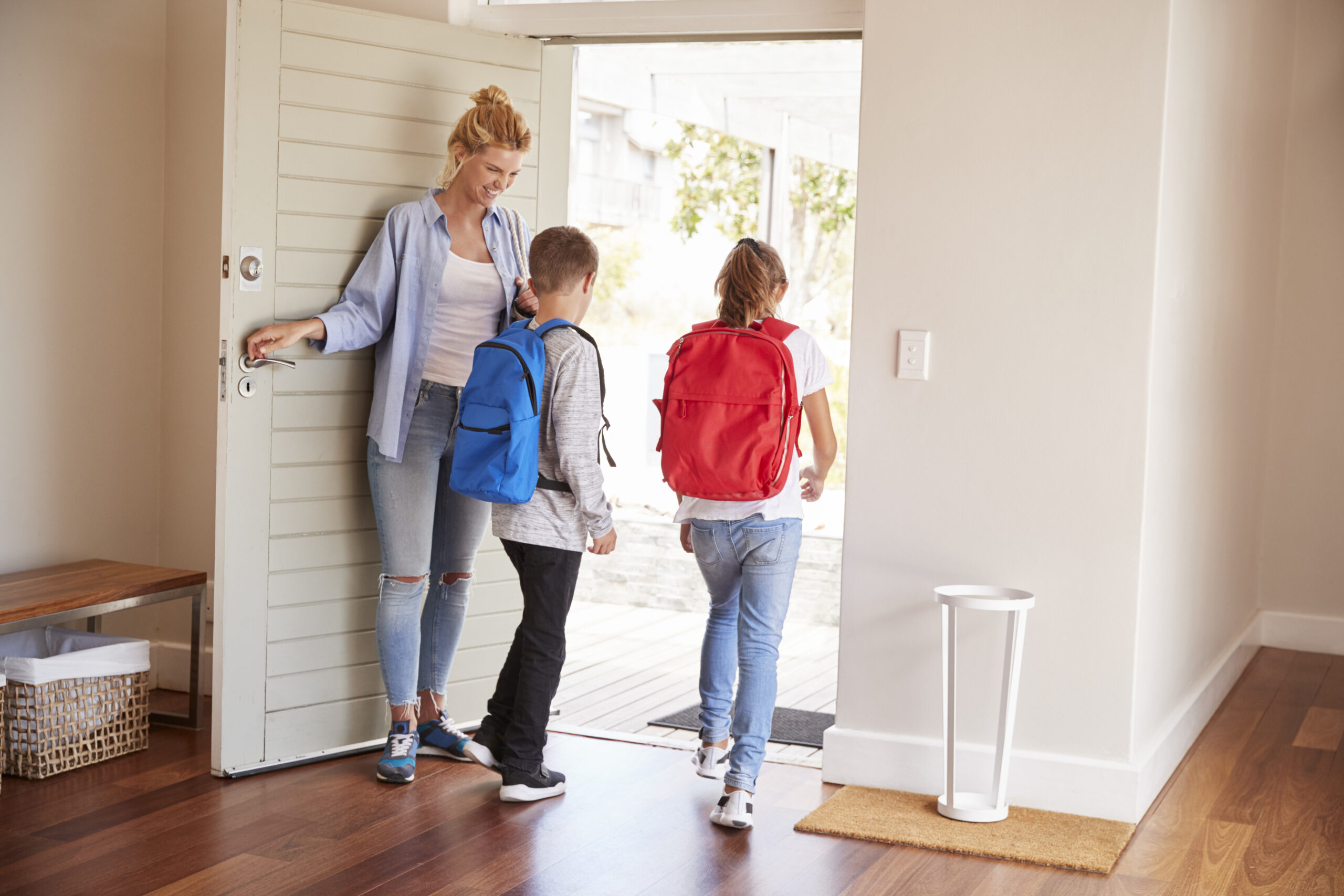
What happens when a child fails to hit their milestones? Maybe they aren’t talking like the other kids, or they seem a bit behind when it comes to things like taking their first steps. Your child’s pediatrician would be a good person to talk to, and from there a developmental pediatrician will have deeper insight into this area. You might choose to pursue working with a developmental pediatrician even if your regular pediatrician doesn’t see what you do.
After the doctor evaluations, you may have determined that your child has a developmental delay of some kind. What this means is that, for a reason that no one is exactly sure of yet, your child is behind when it comes to doing things on that blasted calendar that everyone has one eye on. It may mean nothing; it may mean something later. But for now, it’s important to start to learn about your options and the best ways to help your child thrive, even if they are doing so at a slower pace than their peers.

Getting an early handle on the situation before, say, your child goes into kindergarten is a good aim. Almost every state has a special education program or department to help parents navigate this murky and complicated system. They are typically referred to as educational services agencies, but every state calls them something different.

There, they will evaluate your child to determine if they can see the delays and their causes, such as, for example, autism or ADHD. The evaluators may not see what you do. This doesn’t mean you should take their word as the final say; there are still other avenues to pursue, such as local public and private medical professionals, resources, services, and programs versus state-run evaluations. Always get a second, and maybe even third, opinion.

If delays have been observed, once the child turns 5, if you are prepping for them to attend kindergarten in a public school, you will have a meeting with their school prior to kindergarten, and they will be tested to see if an IEP, or individualized education plan, will be implemented.
An IEP is a contract between your family and the public school, and it will help your child access a FAPE, or fair and public education.

Some children can’t thrive in the public classroom setting, and it’s not so illogical. Classrooms are overfilled and utilizing programming that was developed decades ago — for example, a teacher stands in front of the class and directs lessons. We have since learned that children, and all people, learn in a variety of ways at a variety of speeds, and not all teachers are created equal, nor are they all trained or educated in the same ways. So many things factor into whether or not a child’s educational environment will be efficient for that particular child.

Prior to 1975, neurodivergent (then called handicapped) children were not required to be schooled by their state’s public education system and, in some cases, were not allowed to attend school. That year, the IEP was introduced, along with the rights of all children to attend public school with the All Handicapped Children’s Act. In 1990, the law was renamed the Individuals With Disabilities Education Act, aka “IDEA,” which allowed for parents to approve the IEPs so as to best serve their child’s unique needs. In 2001, the No Child Left Behind Act (later renamed the Every Student Succeeds Act) stated that all children were entitled to a high-quality education. In 2004, the IDEA law was changed to the Individuals With Disabilities Education Improvement Act (IDEIA) and put into alignment with the Every Student Succeeds Act.
The process of a fair and public education being made available to all children, including those who are neurodivergent, has come a long way.

Today, the IEP agreement is transferable from state to state, though each state and district may test or evaluate a child to make sure that it agrees with the prior district’s findings. Parents of children with IEPs are part of the team of people who meet periodically to review the plan and assess how well it is serving the child’s particular needs so they may access their FAPE. Others may include the school principal, homeroom teacher, guidance counselor, speech or physical therapy provider(s), special education directors, paraprofessionals, teaching aids, members of the medical team, advocates or legal representatives, and anyone else who may have information or input on how to best help the child learn in a public school setting.

Elements that are included in the IEP are typically actions that the school can or should provide for the student, such as any suggested techniques to help a child transition from one period to another; learning incentives or resources that are available, such as a sensory room or learning tool; how often certain therapies should take place per week and for how long; and more.

The IEP process may not always be so terribly clear-cut or easy to understand. While useful and seemingly helpful at times, at the end of the day, like so many contracts, IEPs can also be complicated and one piece of a long process of trying to best serve a child’s needs.

Should you find yourself traversing down this windy path, it may be helpful to connect with community groups, family members, and anyone else who has been through or is going through what you are who can offer feedback, insight, and support as you navigate these challenging parental chapters. Build your team with people in the educational world, self-care arena, and community who you trust and, if possible, are at least as knowledgeable as you are.
Be strong, and remember to try to celebrate every win with your child along the way, no matter how small.







